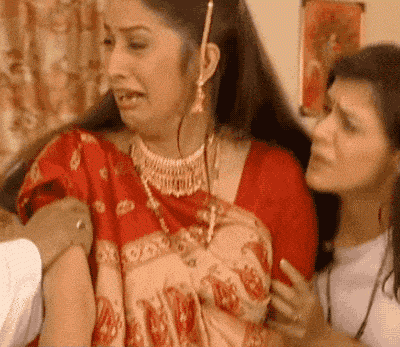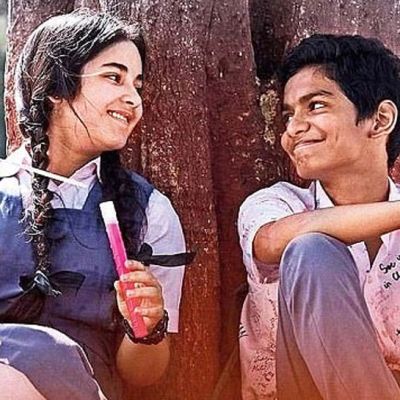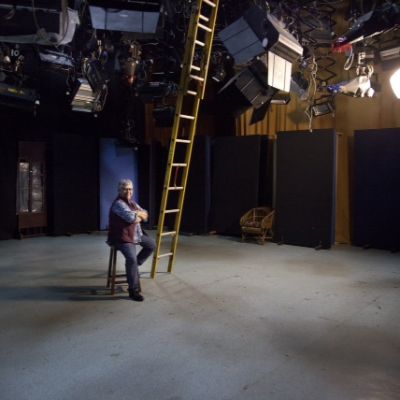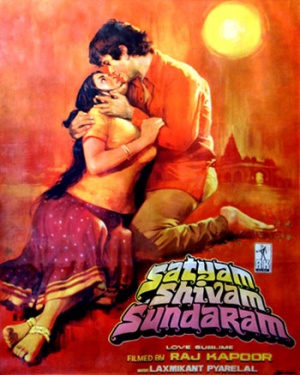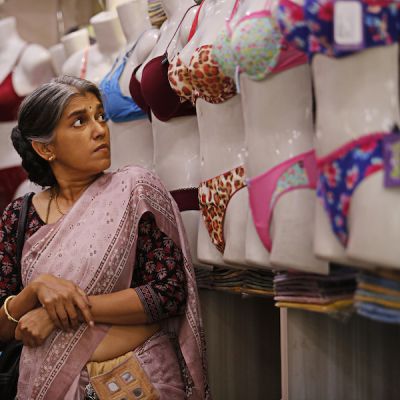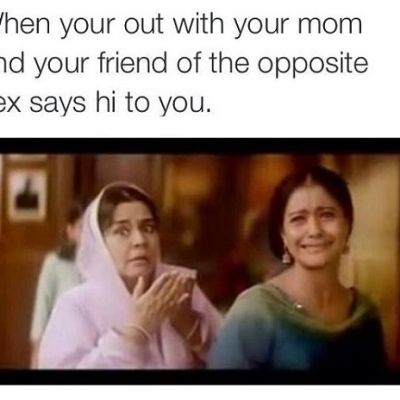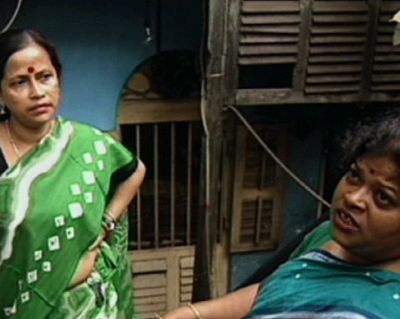Bollywood
The discursive power vested in audio-visual media can prove to be emancipatory if it seeks to re-write the scripts of love, to expand it to include various subjectivities, disturb the patriarchal gendered dynamics that it is based on by introducing a story that allows the audience to imagine it in various different ways.
While pop culture will continue to exist in the mainstream, it also provides us the scope to create alternative narratives and/ or counter-narratives that question, challenge and unpack the existing stereotypes and norms.
When representing sexuality, these stories went beyond dramatic and one-dimensional representations of sex and sexual orientation.
Several recent mainstream Hindi films have dealt with issues of sexuality and gender not usually discussed in the intended audience’s drawing rooms.
The statement “We are just friends”, does it make you wonder? Just friends? As in – merely friends? As in…
“Only that once again they broke the Love Laws. That lay down who should be loved. And how. And how…
For many of us, it was fiction that fed our souls as children, and now as adults who are still ‘growing up’, it feeds us still. Fiction makes, remakes and unmakes us who walk in worlds of the imagination. It liberates us to dream various versions of ourselves and others into being as the articles in this month’s In Plainspeak eloquently reveal.
Both fiction and non-fiction are capable of great complexity if the making is in the hands of someone capable and complex. I have always held that good films – fiction, non-fiction or hybrid– emerge not from a familiarity with the subject, though that’s essential – but an understanding of the language of cinema.
सयद साद अहमद द्वारा लिखित “हम क्या वास्तव में सच जानना चाहते हैं? सत्य की क्या आवश्यकता है? उसके बदले…
गाने अक्सर फिल्मों से अधिक लोकप्रिय होते है और अपने अलग ही मतलब का निर्माण करते हैं। इनका मतलब उनता ही विविध है जितना इनको सुनने वाले लोग। मैं यह बिल्कुल नहीं मानता कि हम जो फिल्म और चित्र देखते है उसका हमारे जीवन पर सीधा असर पड़ता है। हिंसक या अन्यथा मूर्खतापूर्ण कार्यों के लिए दोषी वह ही हैं जो यह कार्य करते हैं और वे जो उन्हें बेहतर शिक्षा दे सकते थे पर उन्होंने ऐसा नहीं किया। शिक्षा और बातचीत से हम युवाओं को सही समझ और बेहतर निर्णय लेने के लिए सक्षम बनाते हैं।
Alankrita Shrivastava made her directorial debut with the film ‘Turning 30!!!’ (2011) and has been committed to telling stories about women from a woman’s perspective. Her second and most recent film ‘Lipstick Under My Burkha’ (2016) has received international recognition and is slated to release in India in early 2017.
Twitter was hashtagging the 21st anniversary of the classic Bollywood film, ‘Dilwale Dulhania Le Jayenge’ (1995) a few months ago, a human rights organisation did a fun take on it by asking its followers to feminist up the film’s iconic dialogue, “Ja, Simran, Ja”.
How have we reached a point where non-consensual behaviours in romantic and sexual relationships are criminalised, but parental domination is still legitimised, or trivialised in the name of “Oh, but I know my parent is a good person and wants what is best for me”?
Watch some popular Bollywood music videos about separated lovers across the decades.
Note: Five sex workers – four women and one man – along with the filmmaker/narrator embark on a journey of storytelling. Shohini Ghosh’s Tales of the Night Fairies explores the power of collective organising and resistance while reflecting upon contemporary debates around sex work. The labyrinthine city of Kolkata (Calcutta) forms the backdrop for personal and musical journeys.

